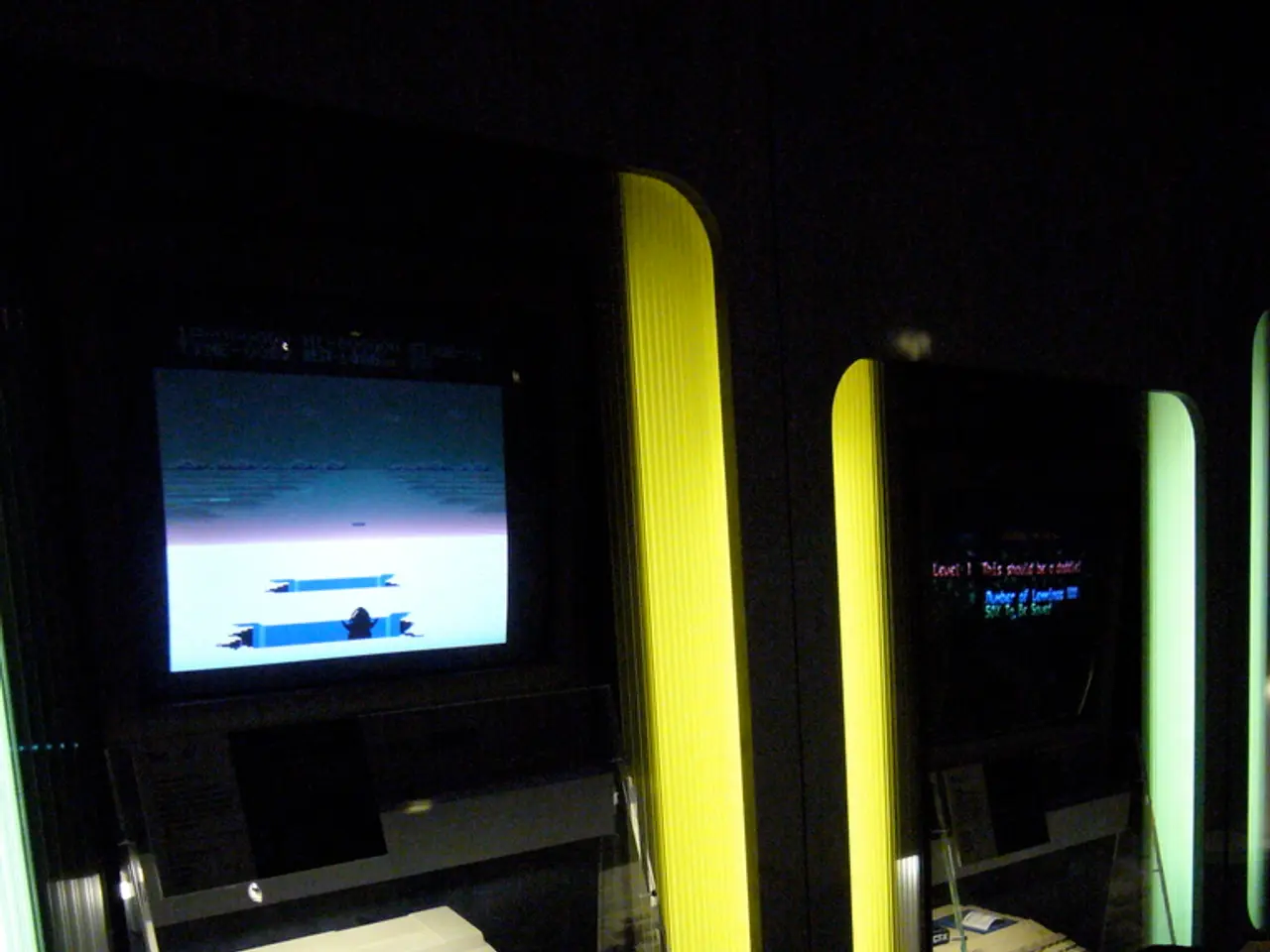Anticipated Advancements in Augmented Reality (AR) and Virtual Reality (VR) Innovations
In the near future, Augmented Reality (AR) and Virtual Reality (VR) technologies, in conjunction with spatial computing, are set to revolutionise various industries, including navigation, remote assistance, and collaborative workspaces.
Leading the charge in current and future AR/VR advancements are companies like Meta, which has pledged over $100 billion by the end of 2025. Meta's innovative approach includes the development of devices such as the Ray-Ban Meta and Meta Orion glasses, which integrate AR with AI and holographic projections. The pharmaceutical industry's PharmaXR project also merges XR and AI for training improvements.
Austria boasts a strong AI landscape, with over 450 companies actively involved in applied AI, supporting innovative AR/VR applications. Key hardware and software players include Microsoft HoloLens 2, Unity Reality development, and various VR headsets, with top spatial computing development companies driving the market forward in 2025.
As AR/VR technologies continue to evolve, they are expected to become an even more integral part of our daily lives. The integration of Artificial Intelligence (AI) is predicted to play a significant role in the future of AR/VR technology, making digital experiences more immersive and intuitive.
Ultra-realistic haptics are anticipated to be a key component of future AR/VR technology, improving the sense of touch and immersion in digital environments. Brain-Computer Interfaces (BCIs) also hold potential, allowing users to control virtual environments using brain signals, enhancing accessibility and opening new possibilities for gaming, communication, and medical applications.
The future of AR/VR technology holds promise for breakthroughs that will make digital experiences more immersive, intuitive, and accessible. Future AR/VR headsets are expected to feature 8K resolution displays and MicroLED technology for enhanced image clarity, reduced eye strain, and comfortable extended use.
The next wave of AR/VR innovations is expected to reshape how we interact with the digital world. The integration of AI, ultra-realistic haptics, the Metaverse, and brain-computer interfaces are all anticipated to be key components of this next wave. The Metaverse, an emerging concept in AR/VR technology, aims to create a shared, virtual reality space where users can interact and socialize.
This transformative era in AR/VR technology promises to redefine our relationship with the digital world, making it more immersive, intuitive, and accessible than ever before.




